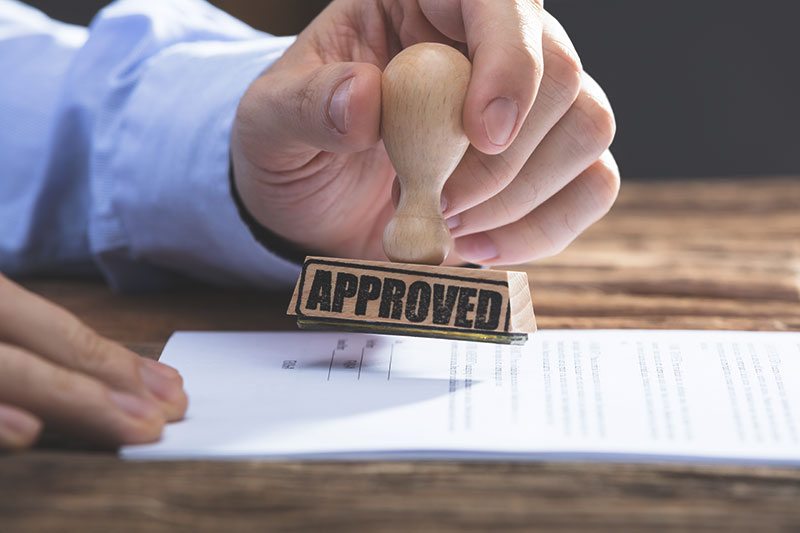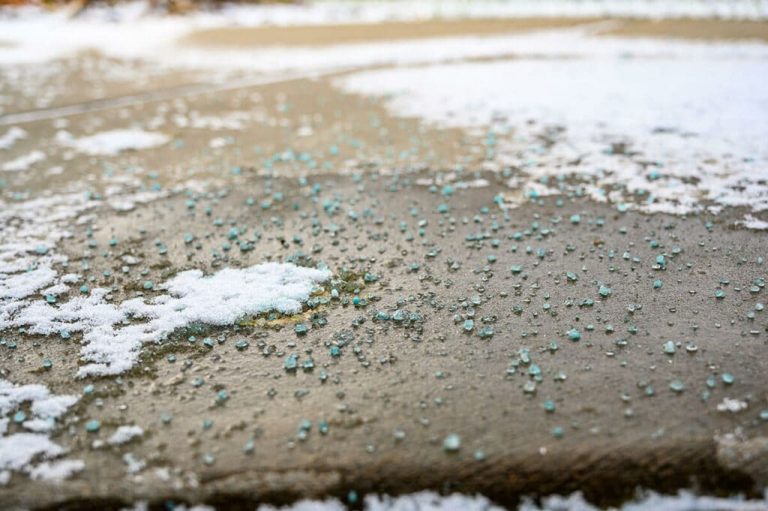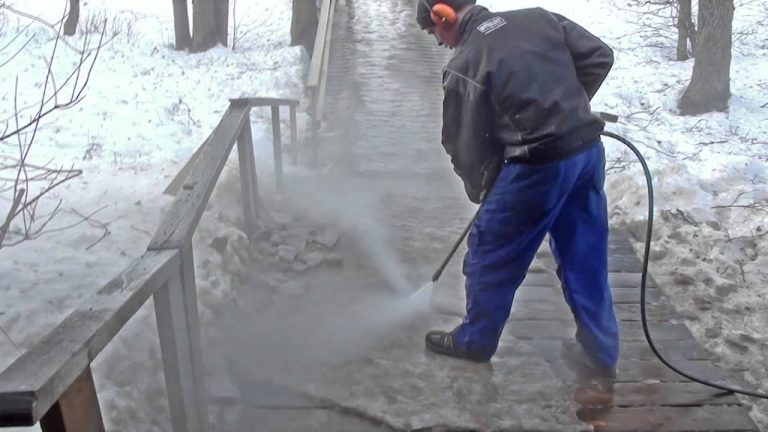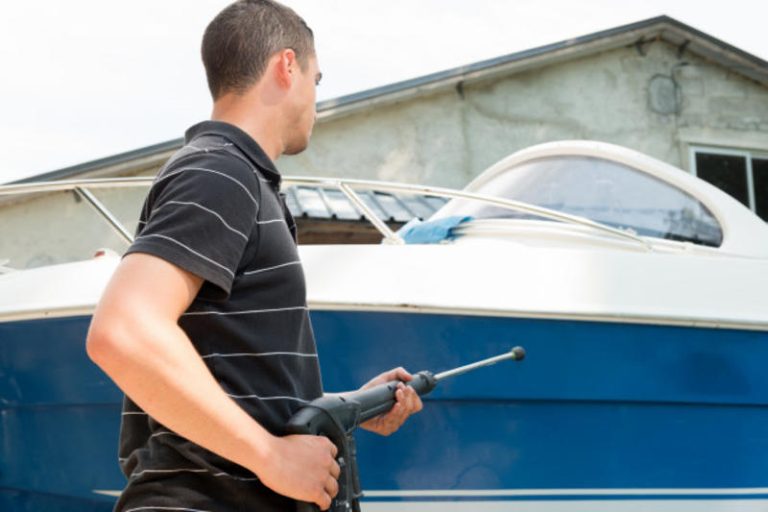
If you’re getting ready to blast away grime from your driveway, deck, or siding, the last thing you want is a surprise visit from a city inspector. That leads many homeowners to wonder:
“Do I need a permit to pressure wash my property?”
The answer is: Usually, no—but sometimes, yes. 😅
In most residential cases, pressure washing your own home doesn’t require a permit. But depending on where you live, local laws, environmental regulations, and water runoff rules may impact what you can legally do—especially if you’re a contractor or renting a commercial-grade machine.
Let’s break it down so you stay on the right side of the law (and out of trouble with your HOA 👀).
⚖️ Residential vs. Commercial Pressure Washing
🏡 Residential Property Owners
If you’re a homeowner using a standard electric or gas pressure washer to clean your:
- Siding
- Patio
- Driveway
- Fence
- Deck
…you’re generally in the clear—no permit needed.
However, you still need to follow:
- Local water usage restrictions 🚱
- Environmental regulations (especially regarding detergents and runoff) 🌊
- HOA rules (some don’t allow exterior work on certain days or without notice) 🏘️
🧠 Tip: Always check your city’s website or call your local permitting office if you’re unsure.
👷♂️ Contractors and Commercial Cleaners
If you’re running a power washing business, it’s a different story. Most municipalities require:
- A business license
- Proof of liability insurance
- Compliance with stormwater regulations
- Sometimes a wastewater collection permit or environmental discharge permit
And if you’re working on commercial properties, public sidewalks, or city buildings, you may need to apply for a special work permit.
✅ Bottom line: Pros need paperwork. DIYers usually don’t—unless the work could affect the environment.
Browse Amazon Here For Commercial Pressure Washers And Accessories
🌊 Runoff and Environmental Concerns
This is where it gets tricky. In many areas, local governments enforce strict rules about wastewater runoff—especially when it enters storm drains.
Why? Because pressure washing can release:
- Oil and grease from driveways
- Paint flakes or lead residue from older homes
- Soaps and chemicals harmful to aquatic life 🐠
- Mold, algae, or bacteria from siding and roofs
🌎 Cities and counties want to avoid this stuff getting into stormwater systems, which often flow directly into lakes, rivers, and oceans.
🚫 Examples of What May Be Regulated
Here are some pressure washing jobs that might raise flags with local agencies:
| Activity | Permit/Notice May Be Required? |
|---|---|
| Washing a roof with chemical cleaners | ✅ Yes, especially near drains |
| Removing lead paint from a historic home | ✅ Yes, due to hazardous waste |
| Pressure washing near a creek or wetland | ✅ Likely, depending on distance |
| Large-scale commercial cleaning project | ✅ Definitely |
| DIY deck cleaning with plain water | ❌ Not usually |
In environmentally sensitive areas—like near a bay, wetlands, or marine reserve—even residential cleaning may require extra care. 🦀🌱
🏘️ What About HOAs and Neighborhood Rules?
If you live in a community governed by a Homeowners Association, you may not need a government permit—but you might still need approval or advance notice for pressure washing projects.
Common HOA restrictions include:
- Only working during certain hours
- Not using noisy equipment on Sundays
- Getting approval for roof cleaning
- Hiring only approved contractors
📞 When in doubt, contact your HOA rep to avoid a fine or warning letter.
📞 How to Check Local Rules
Don’t guess—check! You can:
- Visit your city or county website and search for “pressure washing permit” or “wastewater discharge”
- Call your local Department of Environmental Services
- Ask your HOA or neighborhood management
- Reach out to your local water authority, especially during drought conditions
🧠 If you’re renting a pressure washer from a hardware store, the staff may also know the local requirements.
🧠 Final Thoughts
So… do you need a permit to pressure wash your property? For most homeowners, the answer is no—as long as you’re using a basic setup and cleaning responsibly. But for bigger jobs, commercial work, or sensitive environments, it’s always best to double-check. ✅
To recap:
- 🏠 DIY home pressure washing usually doesn’t require a permit
- 🧽 Use environmentally safe cleaners and avoid storm drains
- 📋 Commercial jobs often require licenses, insurance, and permits
- 🚱 Be mindful of local water use restrictions
- 🧠 Always check local laws, especially for roofs or hazardous materials
Stay legal, stay safe, and let that water blast away the grime—not your good standing with the city! 💦😉
Browse Amazon Here For Commercial Pressure Washers And Accessories






